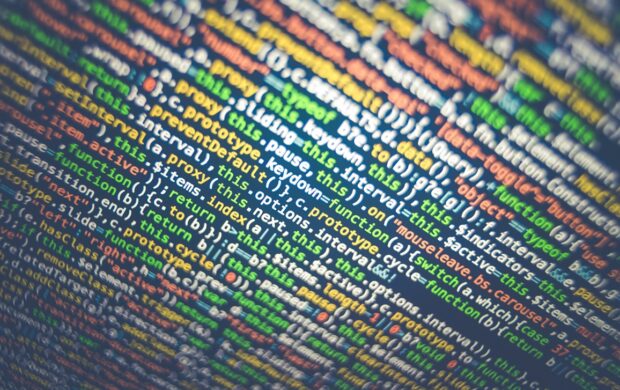An Indian start-up called Metafact is drawing on artificial intelligence to try and combat the fake news crisis. The Dehli-based company founded in 2017 hopes to use AI to empower journalists to identify fake news stories.
Metafact plans on using a network of volunteers to submit suspicious content. If the same story is submitted by multiple people it will be fact-checked using the company’s AI system. The company’s major project is a tool that flags misinformation and bias in news stories and social media posts. While the tool is currently being trained in written English, Metafact plans to also train it to detect manipulation in images and video.
While the technology will not be able to prove definitively whether a story is true or false, it will be able to provide a list of probable fake claims which journalists can then review. Should the team regard the news as false, they will construct a post countering the fake claim and push it back into the system.











